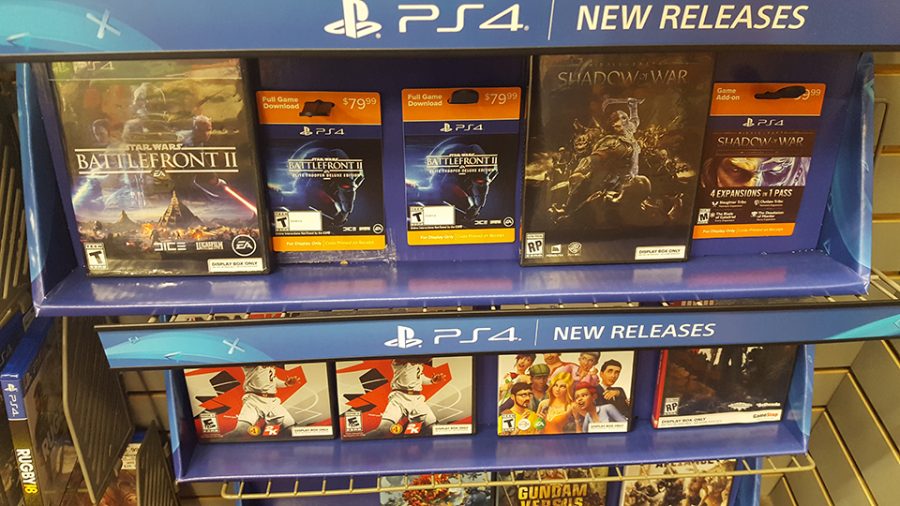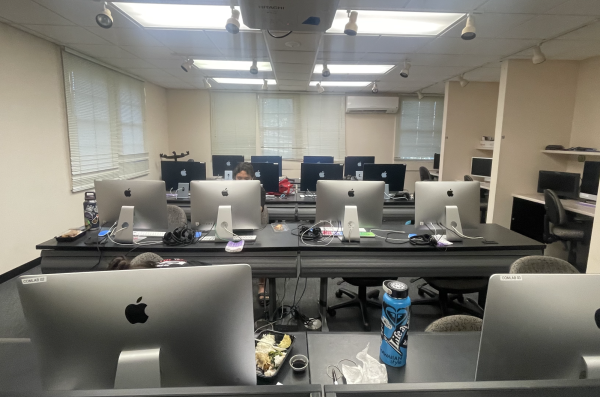Big Game Developers Try To Cash In On Micro-Transactions
“Star Wars Battlefield II” and “Middle Earth: Shadow of War” are just a couple of big-profile games with micro-transactions.
Micro transactions in video games is nothing new. Almost every game on iPhone and Android app stores are made with a pay-to-win ideal in mind. You can ether spend hours grinding out the in-game currency or you can pay a little bit of money to get all that sweet virtual gold instantly. I myself have spent way more money on free phone games then I wish to admit, but recently the big-time game developers have been jumping on the micro-transaction train too and it is not ok.
The whole reason that phone games can get away with having a lot of content either take literal days to acquire or have it locked behind a paywall is because the game itself is free. When big game companies put out a $60 game and then still expect you to pay even more money is when most gamers won’t put up with it anymore. The average gamer can’t spend 10 hours a day, or and extra $20 a week just to have a chance to compete with others players.
“Middle Earth: Shadow of War,” made by Monolith Productions, was released on October 10 and is guilty of throwing micro-transactions into what could have been an overall great game. A game set in the popular Lord of the Rings universe, you play a soldier trying to amass an army to fight against to forces of evil by capturing enemy commanders and converting them to your side. You can purchase loot boxes that give a variety of helpful items like better weapons, armor and soldiers to add to your personal army. The average player can get through the game just fine without purchasing any loot boxes since the games difficulty is rather balanced. It’s only once you get to the games final act that the difficulty suddenly skyrockets to a ridiculous degree. This forces the player to ether grind for hours to get a good enough army to take on the final battle, or you could just drop some real money on a few loot boxes to skip all the pointless grinding and get straight to the fight. The game really pushes the player in the direction of loot boxes.
While Monolith Productions has made a big mistake, there is no bigger offender than Electronic Arts and the recently released “Star Wars Battlefront 2.” “Shadow of War’s” loot boxes only affected single player, while “Battlefront 2’s” effects the competitive multiplayer. “Battlefront 2’s” loot boxes contain Star Cards that upgrade the abilities of the characters used in multiplayer, giving the player who has them a big advantage over everyone that doesn’t. That means anyone that drops money to buy boxes will have an immediate advantage over anybody that doesn’t because they can acquire Star Cards at a much faster rate. The boxes also contain credits that you can use to buy guns, Star Cards, or hero units to use in multiplayer. The backlash from players was so bad that EA disabled the ability to use real money to purchase loot boxes and lower the credit price of a lot of in game items. It’s become such a big deal that the Belgian government is investigating EA on the grounds that the loot boxes in Battlefront 2 could be considered as gambling.









